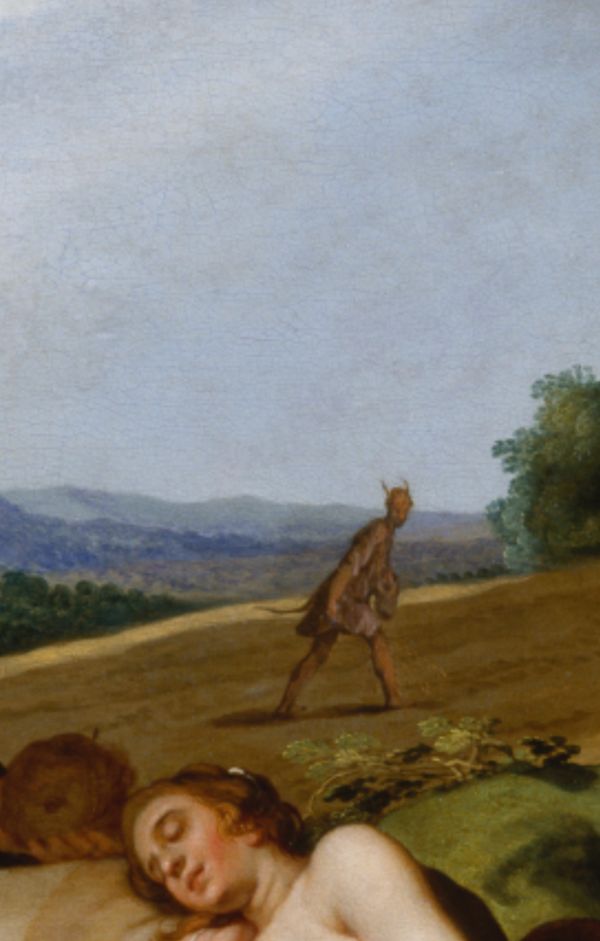(Mt 13:24-30)
The metaphor that follows the initial parable is intended to emphasize that the presence of “evil” in the world is not to be attributed to the lack of vitality of the Seed, nor to the divine Work.
And Jesus upsets the precipitous cliché of apostolic morality:
«So You want us to go and gather them? But He declares: No, for by reaping the tares you may uproot the wheat with them. Let both grow together until the harvest.» (vv.28-30).
In his commentary on Tao Tê Ching xxxvi master Wang Pi writes: «By conforming to the nature of creatures, the best way to avoid future difficulties is to induce them to spontaneously run to ruin, without subjecting them to punishment».
Qualities are intertwined with errors, weaknesses and inconsistencies, but from the earliest days in the communities, some believers struggled to live with the different mentalities of their brethren of faith - a situation that nevertheless allowed life to teem.
It was experienced that time was the best medicine to make the parasitic weed spontaneously dry up: and it did not even was turning out to be so infertile; quite the contrary.
The parable of the good wheat and the weeds is meant to help us not to fall into exclusivism - not because of ideological issues, but vital ones.
The rough hands of some disciples would tear up all the intertwining of the various roots with the earth and each other.
Premature sorting would ruin everything good in the present, and the future itself.
The Lord's teaching is a reminder.
It is not immediate to understand the multifaceted significance of these preparatory energies, which from their magma and dissent will give birth to the unexpected attunements of God's inopinable future.
New opportunities also sprout from personal or institutional mediocrity. Even it a paradoxical condition of growth and prosperity of the Church, 'perfect' to the extent that it recognises itself on the path of conversion to Christ: «semper conformanda».
As in the Community, those who face life in the Spirit and wish their adventure to flourish, must learn to respect discomforts and make contradictions live within themselves.
The uniformity of fundamentalists or purists would like an external, immediate and decisive justice (in eloquent forms) but only God is able to plumb the depths of events.
Fraternities must not enclose themselves within suffocating hedges.
They have the mission to learn dialogue with differences and standing with disparate oppositions, so that life becomes rich through diverse relationships and the concrete exchange of personal gifts, in varied and even discordant contexts.
Such is the added value that opens up New Life, while the myth of indefectibility remains confined to sects.
In fact, not infrequently that very side of ourselves that we do not want, that we reject, that we would like to exclude or correct - and misjudged by others - has perhaps already revealed itself or will in time reveal itself to be the best part of us, both from the point of view of exceptional realisation of personality and of the Calling by missionary Name.
Each believer is both 'ally' and unfaithful at the same time, but in such friction lurks the new sparks [also of disappointment, but fruitful] and our completion - traversing the paradoxes of fallibility.
As well as unprecedented cultural, even economic, political and social paths.
[Saturday 16th wk. in O.T. July 27, 2024]












